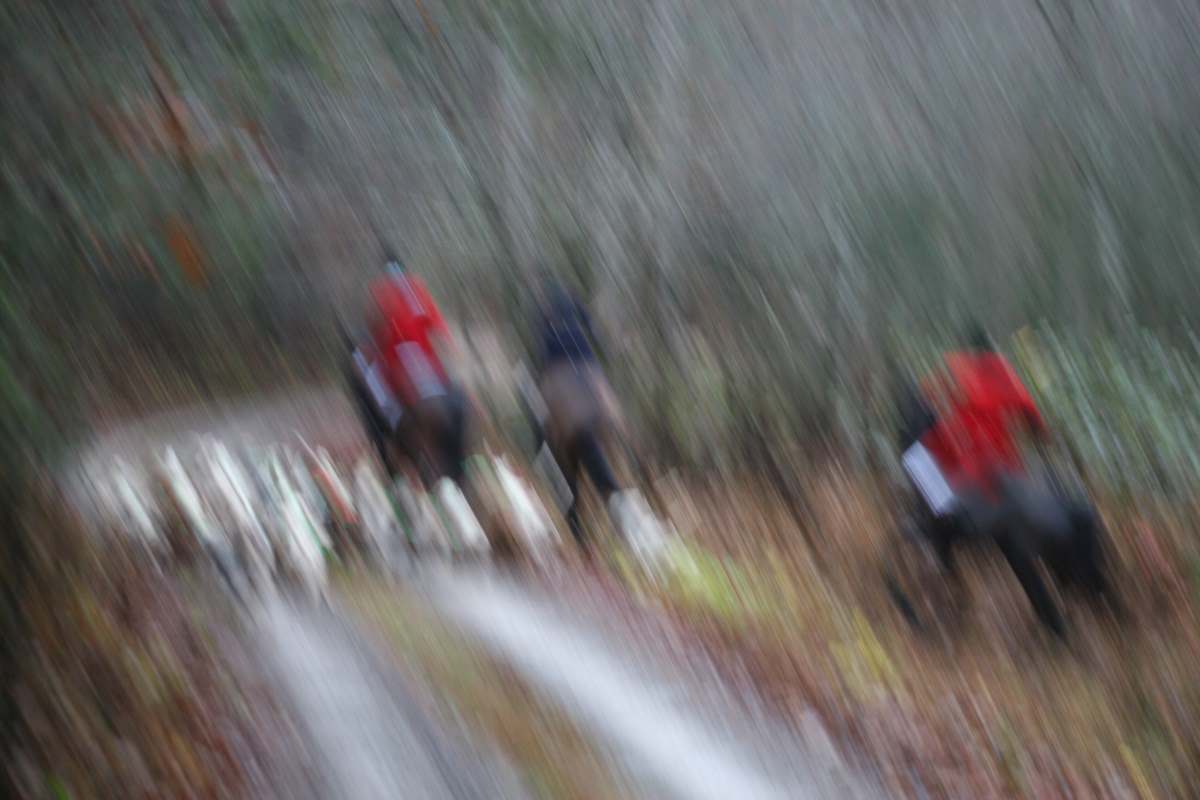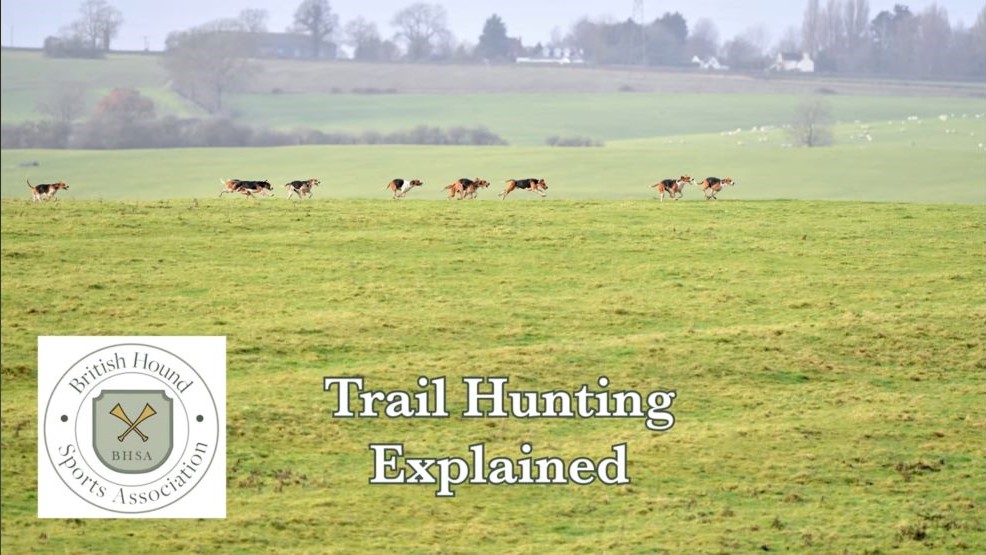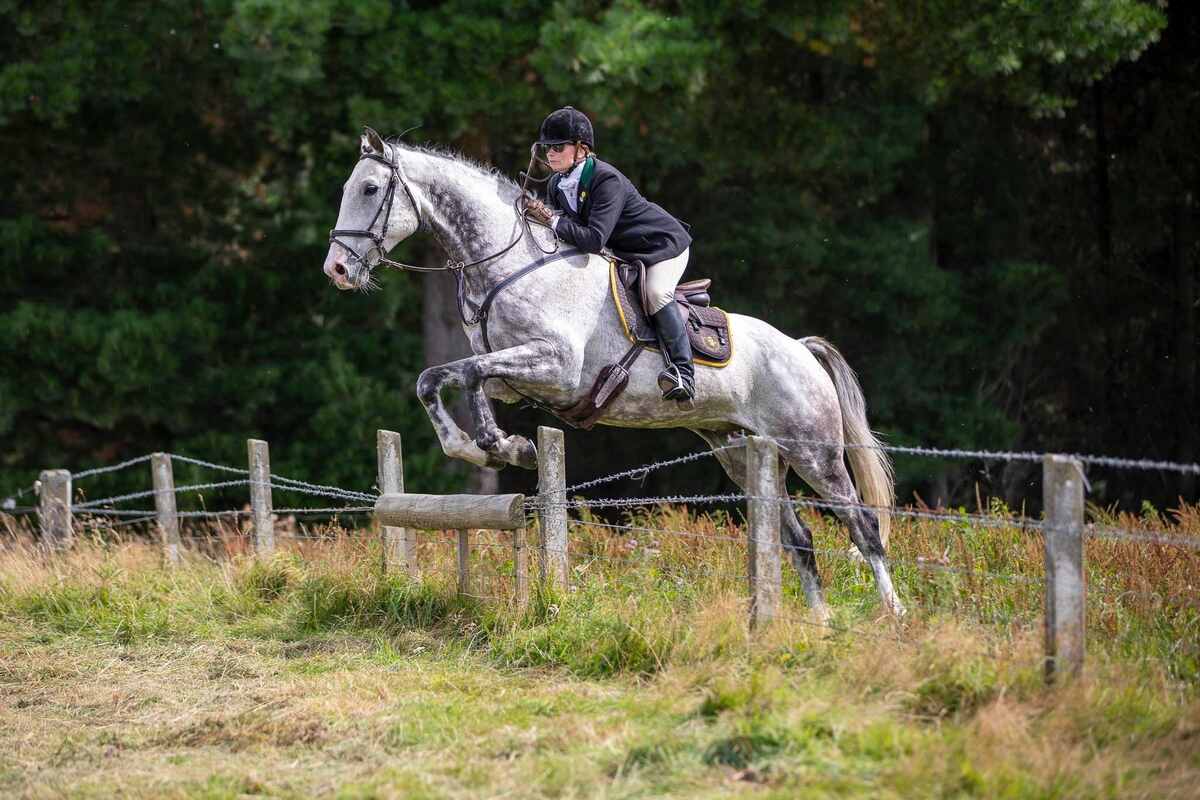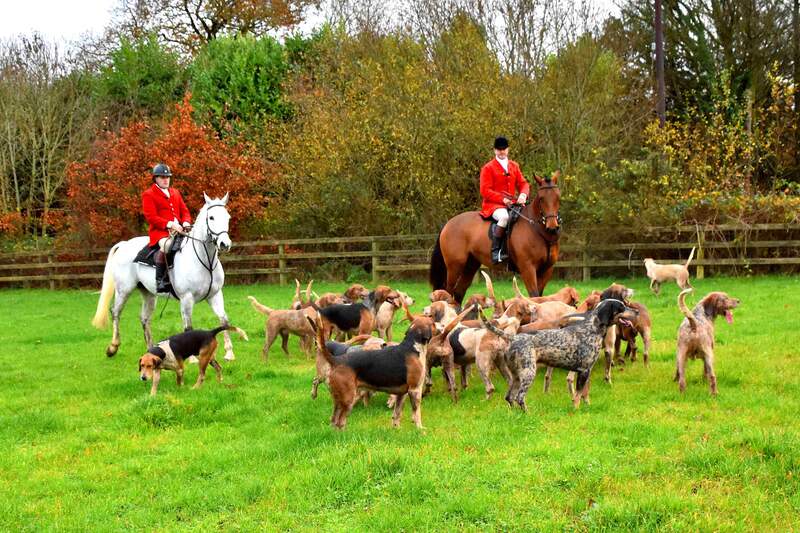Our Hunting World
Worst Timing for a Foxhunting Conviction in England
Ex-Cheshire huntsman John ‘Ollie’ Finnegan was found guilty of one count of hunting a wild mammal with dogs this September and was fined £468. The charge related to an incident that took place on a trail hunt on November 26, 2022, with the Cheshire Hunt. This marks the first time someone has been convicted of foxhunting in Cheshire (a county in northwest England).
Read More
New Threats to Riding to Hounds in the UK
Now that Scotland has successfully banned trail hunting, the Labour Party has promised to follow suit in England and Wales. The fallout from this promise, laid out in its “manifesto” released this summer, has already affected several hunt clubs that hunt on Ministry of Defence land despite there not being any new legislation enacted from the newly elected party. In response, the British Hound Sports Association held a National Trail Hunting Day this month to try to sway public opinion away from supporting a total ban.
Read More
British Trail Hunting Video
The British Hound Sports Association put out an informational video explaining Trail Hunting versus hunting live game (now illegal in the England, Scotland, Wales, and Northern Ireland).
Read More
British Trail Hunting Explained
The British Hound Sports Association put out an informational video explaining Trail Hunting in response to the Labour Party announcing their intention to follow Scotland in banning trail hunting.
Read More
A Kiwi Hunting Adventure
Kristy Lathrop has been a member of the Fort Leavenworth Hunt in Kansas since she was a junior, where she also whipped-in. Her whole immediate family has colors with Fort Leavenworth, and her mother, Gayle Rue, is an ex-MFH. Last season Kristy helped design an educational platform for her hunt’s juniors to be successful for the junior field hunter championships, and it was impressive.
Read More
The Wicklow Foxhounds meet at Coolgreany County Wicklow
The world-famous Cooley Farm Irish Draughts hunted with the Wicklow Foxhounds in Coolgreany this past month.
Read More
Hunting with Dogs Act in Scotland
On October 3, 2023, Scotland’s “Hunting With Dogs Bill” came into effect. The Bill was passed this January to ban all trail chasing (called a drag hunt in the U.S.) and any hunting with more than two hounds without a special license. This Bill replaces the Protection of Wild Mammals Act that has been in effect in Scotland since 2002. That Act allowed the hunting of foxes to protect livestock and ground-nesting birds or to prevent the spread of disease. The new Bill will affect eight foxhunt clubs and one mink hunt club located in Scotland. Two hunt clubs in Scotland now use bloodhounds as of this season to chase a group of runners (called “clean boot”) and should be unaffected by the Bill.
Read More
British Podcast on the Joys and Impact of Foxhunting
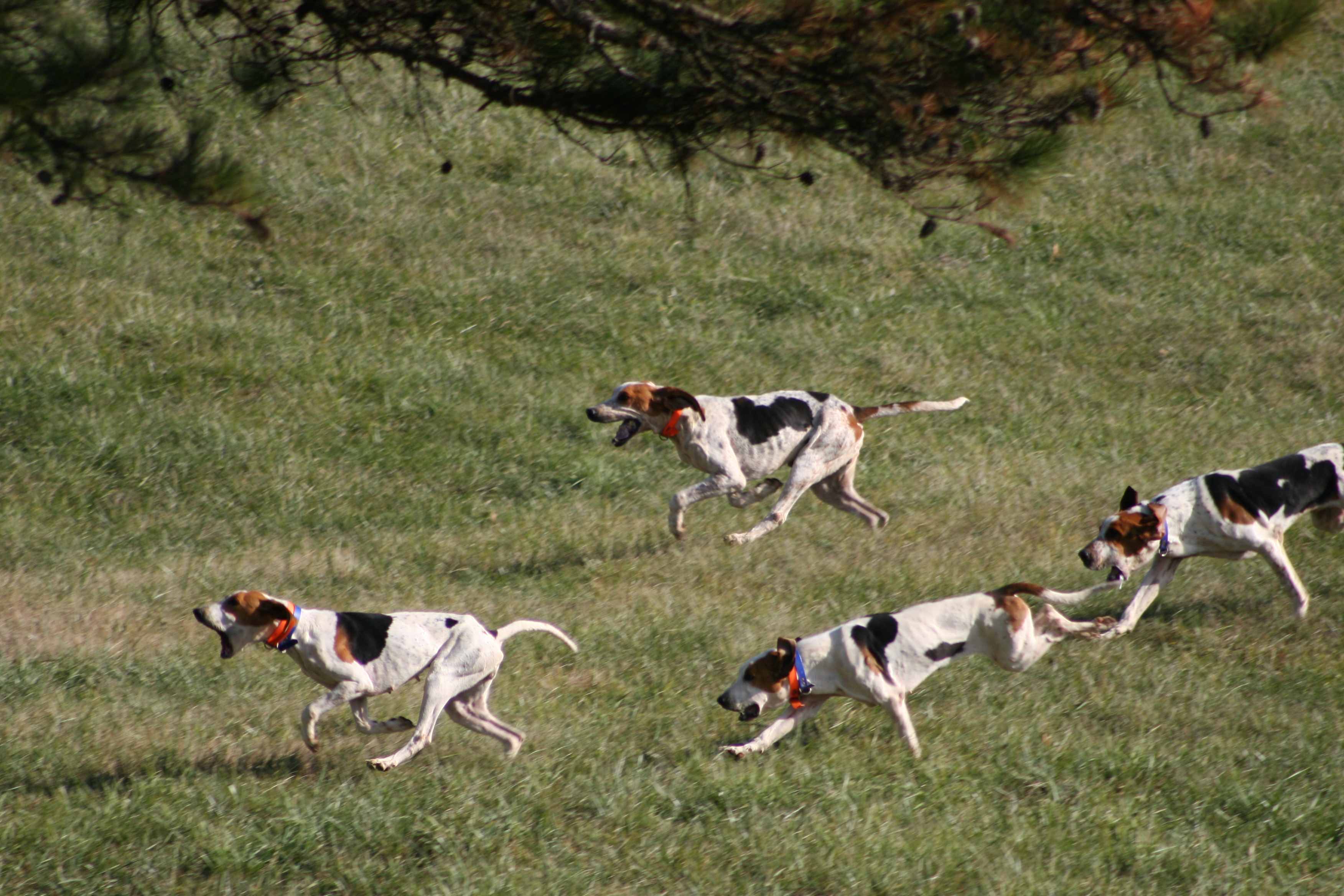 Photo by Gretchen Pelham.
Photo by Gretchen Pelham.
“On Hunting” is a new podcast out of England where, as we know, mounted foxhunting with hounds has been banned since 2004. Its aim is to change the public’s perception of hunting in an effort to save it. The reasons behind the ban on traditional fox hunting are not based on fact, nor are they in the interest of animal welfare whatsoever, but rather on animal rights groups who have convinced virtue-signaling politicians to take up their cause for money, votes, and power. There is a huge difference between animal welfare and animal rights, as is explained in some episodes.
Troubling Start to Britain’s Year
Photo by Gretchen Pelham.
The new year is only a few months old, but it has been a long one for foxhunters in Britain. To hit the “high notes”, there have been guilty pleas, protests, arrests, national and celebrity outrage, and an updated Scottish ban on hunting. But the worst is that two hunt clubs have disbanded in the wake.
The English are coming?
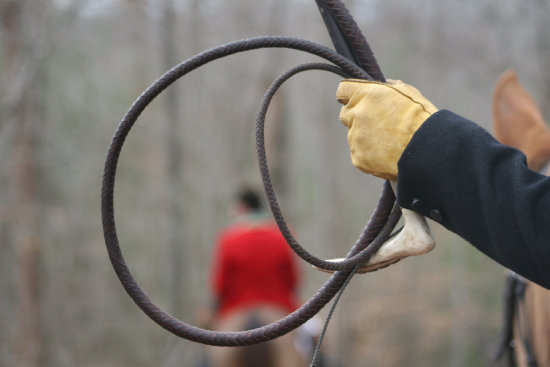 Photo By Gretchen Pelham
Photo By Gretchen Pelham
Anyone who follows foxhunting in England knows that the sport has been under assault for decades. Illegal for 17 years, its successor, trail hunting, took a big blow last year following the hacking of an online meeting of the MFHA.


